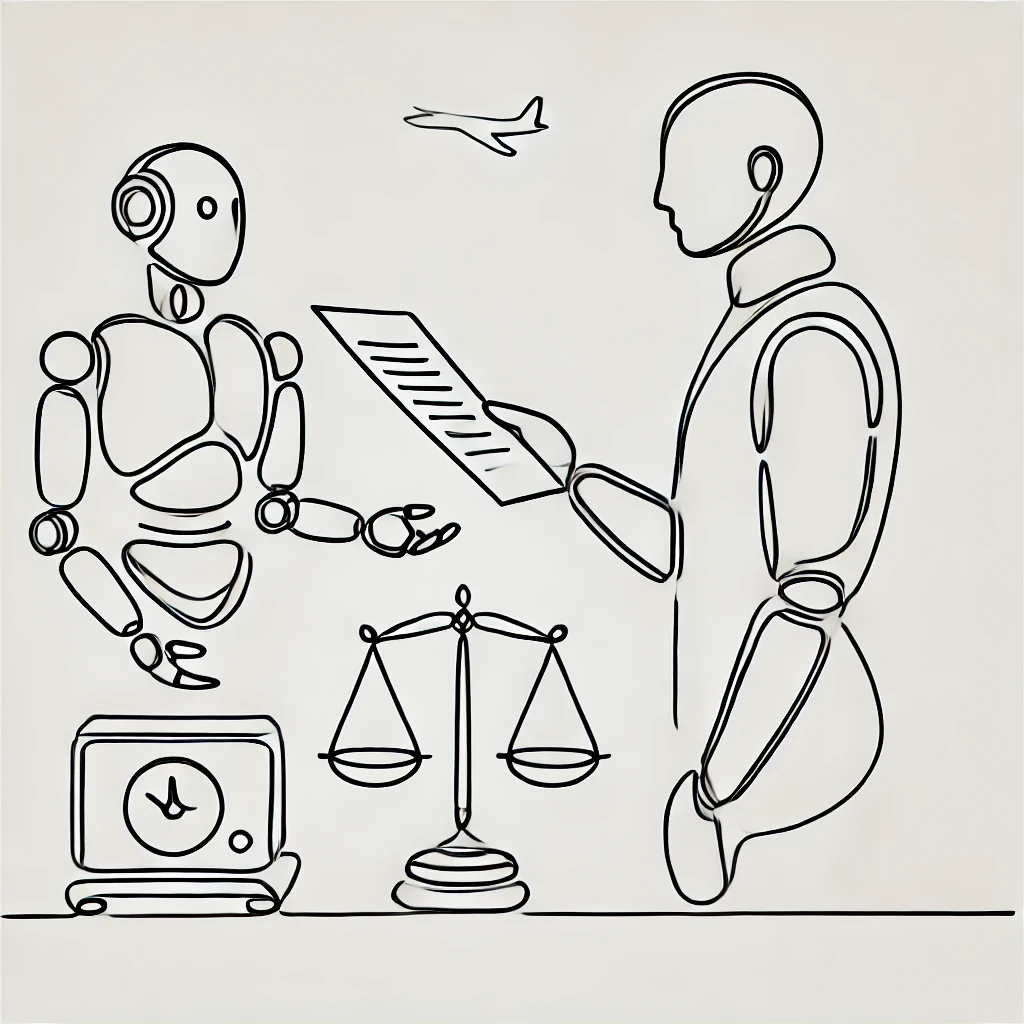The recent court ruling involving Air Canada and its chatbot has sparked significant discussion about the implications of artificial intelligence in customer service. This case, which is part of a broader trend of AI integration in business, highlights the potential pitfalls and legal ramifications of relying on automated systems for customer interactions.
Background of the Case
In 2022, a customer named Jake Moffatt contacted Air Canada’s chatbot to inquire about bereavement travel discounts. The chatbot incorrectly informed him that he could apply for a retroactive discount after purchasing a full-fare ticket for his grandmother’s funeral. When Moffatt sought a refund based on this advice, Air Canada denied his request, stating that their policy did not allow for retroactive claims on completed travel. Frustrated, Moffatt filed a lawsuit against the airline, claiming that it had violated consumer protection laws by providing misleading information.In a landmark decision, the British Columbia Civil Resolution Tribunal ruled in favor of Moffatt, ordering Air Canada to pay him approximately C$650.88 in damages. The tribunal’s ruling emphasized that Air Canada is responsible for all information disseminated through its platforms, including chatbots. The airline’s defense, which suggested that the chatbot was a “separate legal entity” responsible for its own actions, was rejected by the tribunal, which stated that it should be evident that the airline is accountable for the information provided by its technology.
Implications for AI in Business
This case raises critical questions about the legal and ethical responsibilities of companies that deploy AI systems. As businesses increasingly rely on AI tools for customer service, they must ensure that these systems provide accurate and reliable information. The ruling serves as a cautionary tale for companies that may attempt to distance themselves from the actions of their AI tools.Gabor Lukacs, president of the Air Passenger Rights consumer advocacy group, noted that the decision establishes a clear principle: if a company utilizes AI in its operations, it is responsible for the outcomes of that technology. This ruling could set a precedent for other industries as well, particularly those heavily invested in AI-driven customer interactions.
The Broader Context of AI Failures
The Air Canada case is not an isolated incident. Other companies have faced similar challenges with AI systems providing inaccurate or inappropriate responses. For example, in 2018, a WestJet chatbot mistakenly directed a passenger to a suicide prevention hotline, highlighting the risks associated with AI miscommunication. Such incidents underscore the phenomenon known as “AI hallucination,” where generative AI tools produce erroneous or nonsensical information.As businesses continue to adopt AI technologies like ChatGPT for customer service and trip planning, the potential for misunderstandings and misinformation grows. Companies must not only invest in the development of these systems but also implement robust oversight and accountability measures to mitigate the risks associated with AI failures.
Conclusion
The Air Canada chatbot case serves as a pivotal moment in the ongoing dialogue about the intersection of AI and customer service. It highlights the necessity for businesses to take responsibility for the technology they deploy and the information it provides. As AI continues to evolve and integrate into various sectors, companies must prioritize accuracy, transparency, and accountability to avoid the pitfalls that can arise from miscommunication and misinformation.In the series “AI Fails,” this case exemplifies the potential consequences of neglecting these responsibilities. As we move forward in an increasingly automated world, the lessons learned from this incident will be crucial for shaping the future of AI in business.
